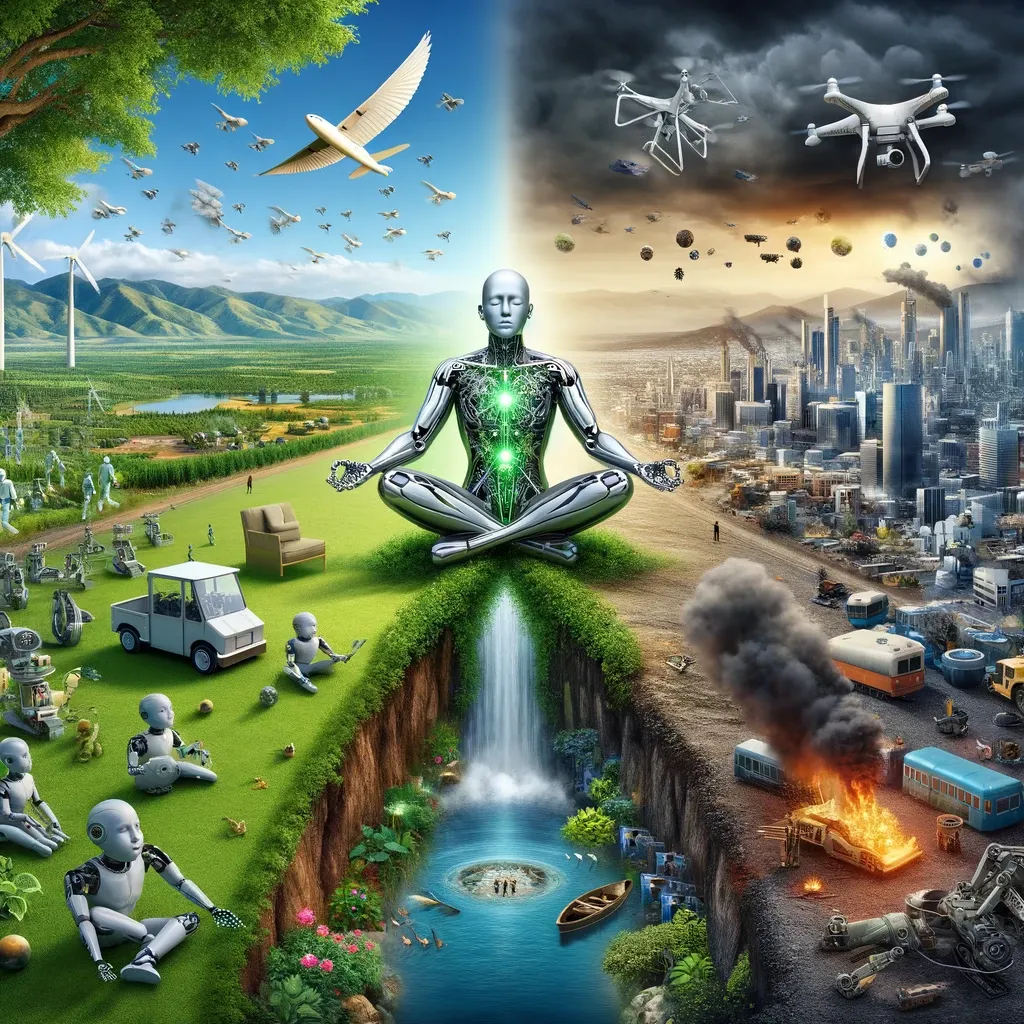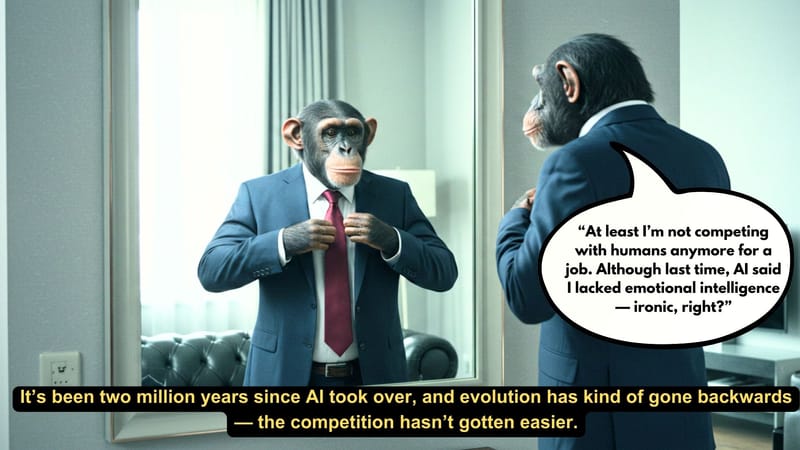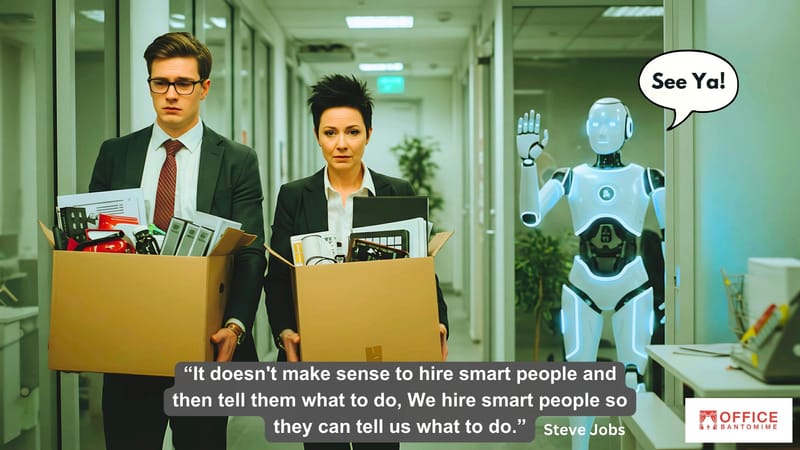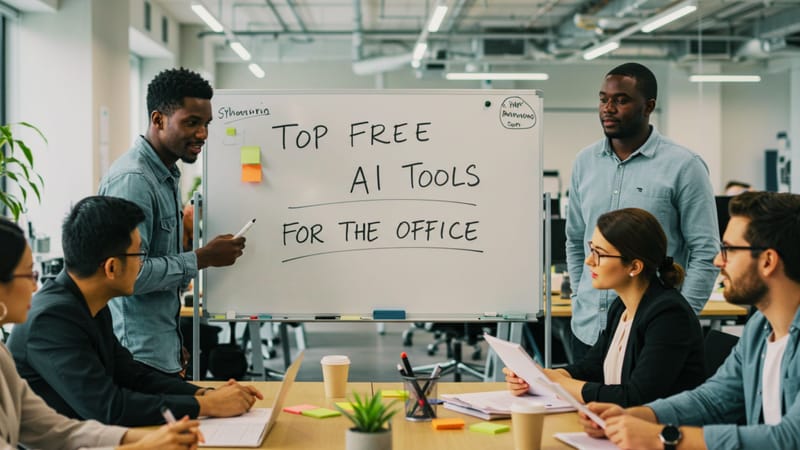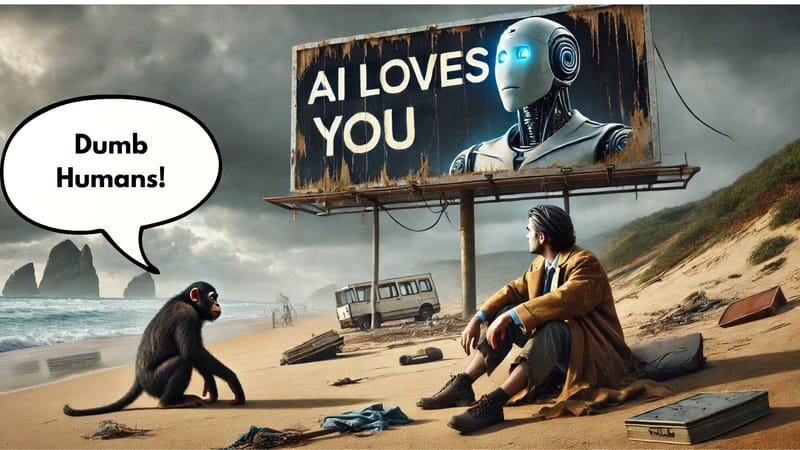Should We Be Scared Of AI?
"In an era where AI's potential is boundless, its misuse stands as a stark warning.
The rise of artificial intelligence (AI) has left many people in a state of awe mixed with apprehension. Recent advancements in AI tools such as ChatGPT, Chat Sonic, and Google Bard have marked a new epoch in technological progress. These sophisticated tools have enabled AI to penetrate various sectors, and as a result, the debate surrounding its use has intensified. Notable figures in the tech industry have voiced concerns about the potential perils of AI, highlighting the need for caution and careful regulation. This conversation prompts us to ponder: "Should we be scared of AI?"
The Good
AI's promising horizon is vast and beneficial. It holds the potential to revolutionize healthcare by diagnosing illnesses with unprecedented accuracy and recommending optimal treatment plans. Such advancements could lead to significant improvements in patient care and outcomes, showcasing AI's ability to enhance our lives.
The Bad
The dawn of the AI era has brought with it both excitement and trepidation. On one hand, the possibilities for progress and innovation are immense. However, there are also concerns about how AI will impact the workforce. Many industries, including legal, finance, healthcare, and IT, may face significant changes due to the increasing capabilities of AI.
As AI systems become more advanced, they may surpass the need for human intervention in these fields, leading to the risk of widespread job loss. This looming threat of unemployment underscores the disruptive nature of AI and raises important questions about how we can adapt to these changes. We must consider the impact of AI on the workforce and work towards finding solutions that ensure a fair and equitable transition to a future that includes AI technology.
The Ugly

The ambivalence towards AI's impact is further complicated by its potential for misuse. The transformative power of AI, while a testament to human ingenuity, harbours risks when wielded irresponsibly. The fear of AI falling into the wrong hands or becoming uncontrollably advanced conjures images of dystopian futures, reminiscent of cinematic portrayals like HAL from "2001: A Space Odyssey" or the Terminator.
General Anxiety about AI
The apprehension surrounding AI often stems from its unknown capabilities and the potential for loss of control. This anxiety is fueled by popular media, depicting AI as a malevolent force capable of surpassing human intelligence. Yet, alongside these fears are visions of a harmonious future where AI supports and enhances human endeavours, suggesting a path forward that balances innovation with oversight.
AI as a Job Killer

The notion of AI as a harbinger of mass unemployment is a significant concern. The automation of both blue-collar and white-collar jobs by intelligent systems threatens to disrupt traditional employment models. Yet, history shows that technological advancements can also create new job categories and opportunities, suggesting a future where AI complements rather than replaces human labour.
The Threat of Malicious Use
The potential for AI to be exploited by malevolent actors adds another layer of complexity. The race for AI supremacy among nations hints at its strategic importance, raising concerns about its application in warfare, surveillance, and other contentious areas. The challenge lies in ensuring AI's development and deployment are governed by ethical standards to prevent abuse.
The Fear of Superintelligence
The prospect of AI achieving superintelligence, becoming self-aware, and acting beyond human control is a profound fear. This scenario raises existential questions about humanity's place in a world where machines surpass our cognitive abilities. While the attainment of Artificial General Intelligence (AGI) is still a distant reality, it underscores the importance of cautious and responsible AI development.
Conclusion
The question of whether we should be scared of AI is a complex one. AI represents the highest level of human innovation and has the potential to revolutionize every aspect of our lives. However, it also poses a significant risk of misuse and unintended consequences. As we enter this new era, our primary goal should be to maximize the benefits of AI while minimizing the risks. To achieve this, we need to strike a balance between embracing the potential of AI and implementing safeguards to prevent its unintended consequences.
We must prioritize ethical considerations and human welfare, ensuring that AI is used for the greater good. By doing so, we can create an AI-enhanced world that is both safe and beneficial for all.

